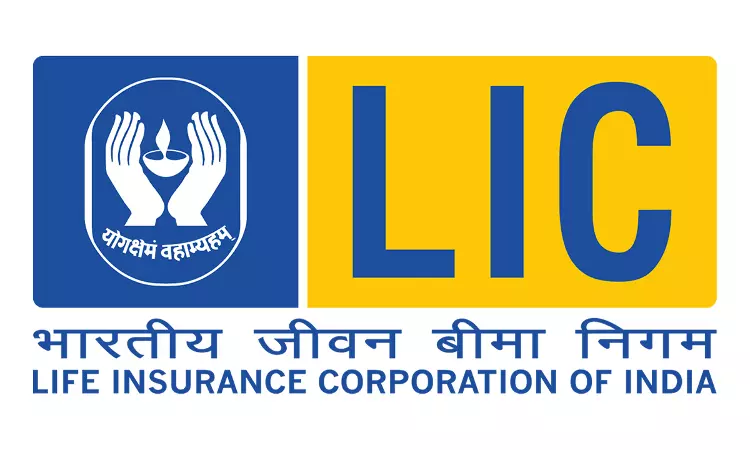Pleading Ignorance No Defense For False Statements In Signed Insurance Proposal: NCDRC
Ayushi Rani
8 Jun 2024 7:00 PM IST

Next Story
8 Jun 2024 7:00 PM IST
The National Consumer Disputes Redressal Commission, presided by Dr. Inder Jit Singh, dismissed an appeal against Life Insurance Corporation and held that an insured who signs a proposal with false information cannot escape the consequences by claiming they signed without reading or understanding it. Brief Facts of the Case The complainant's husband obtained a life insurance...
